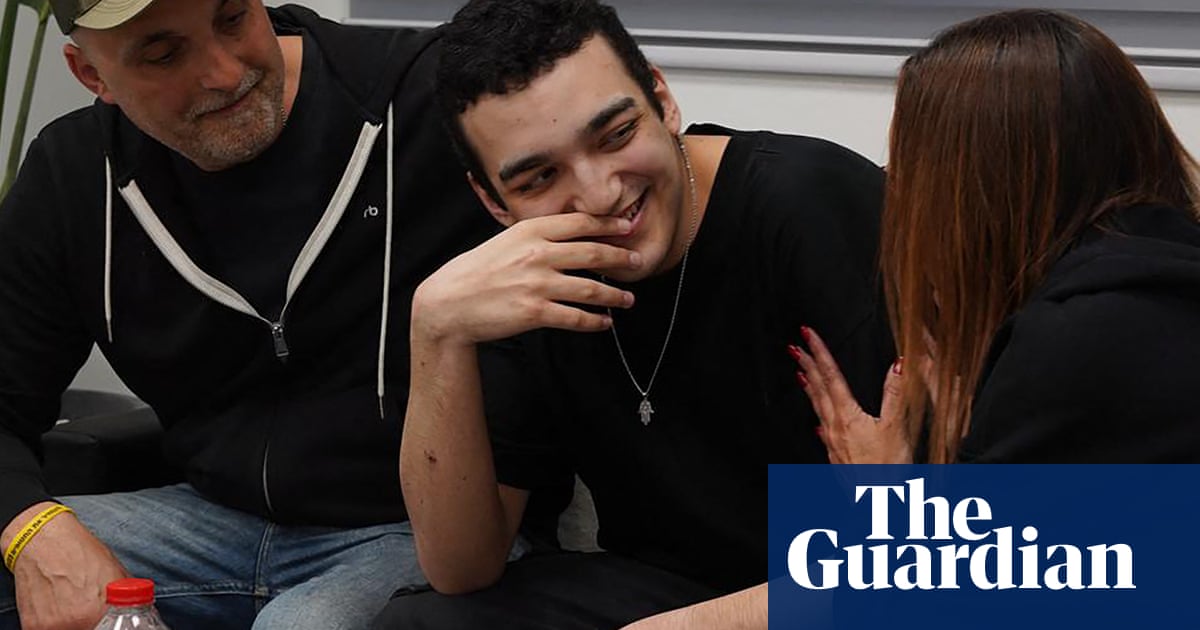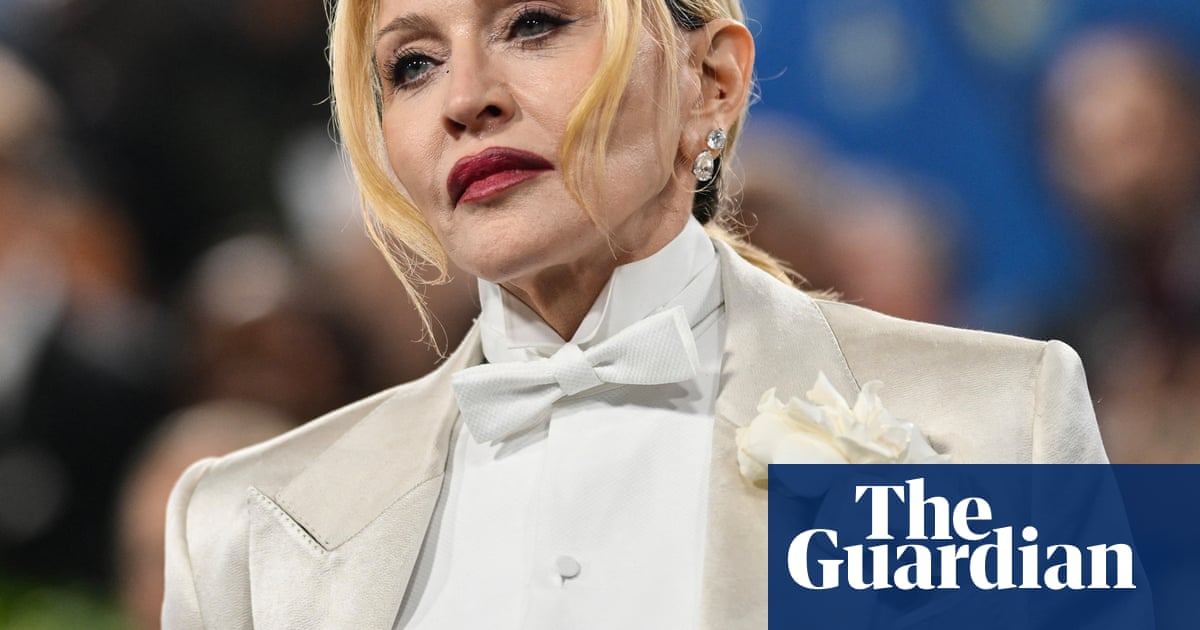A group of major publishers in the US are suing the state of Idaho over a book-banning law.
HB 710, enacted last July, forbids anyone under the age of 18 from accessing books deemed “harmful to minors”, including those depicting “sexual conduct”, in school or public libraries.
The ban extends to classics and bestsellers, including The Bluest Eye by Toni Morrison, The Handmaid’s Tale by Margaret Atwood, Game of Thrones by George RR Martin and nonfiction books such as The “What’s Happening to My Body?” Book for Girls by Lynda Madaras.
Penguin Random House, Hachette Book Group, HarperCollins, Macmillan, Simon & Schuster, and Sourcebooks filed a lawsuit on Tuesday alongside three authors, a public library district, the US writers’ body the Authors Guild, a teacher, two students and two parents.
This is the third state-level publisher-led lawsuit over book bans, following those against Florida and Iowa. The Idaho law “goes even further than previous laws by removing classic books from public libraries in addition to schools”, said Dan Novack, associate general counsel at Penguin Random House.
HB 710’s definition of “harmful” materials is “vague and overbroad”, says the lawsuit. The law allows private citizens to file complaints, putting librarians “in the untenable position of having to guess whether any member of the public might file an objection to a book whose message they disagree with” by claiming the text falls within the law’s definition of harmful.
after newsletter promotion
Libraries, many of which could not afford the cost of a defence if they were sued, have pre-emptively removed books from their shelves in response to the law. “This type of self-censorship is inimical to first amendment liberties”, said Michael Grygiel, an adjunct faculty member with Cornell Law School’s First Amendment Clinic, which is representing the plaintiffs.
Given that the law requires libraries to “take reasonable steps” to restrict under-18s’ access to “harmful” books, libraries have to remove the texts from the library entirely, establish “fully monitored, cordoned-off” adults-only sections, or convert to an “adult-only” library.
Donnelly Public Library, one of the plaintiffs named in the lawsuit, converted to an adult-only library in May last year because it is too small to host an adult-only section, and it lacks the resources to review all the books in its collection to assess whether they fall under HB 710. Now under-18s cannot enter the library without their parent or guardian completing a three-part waiver.
“Our programming – which includes the only option for after-school care in Donnelly – has been severely impacted, with children unable to step inside the building to use the bathroom or keep warm without a complex waiver,” said the library’s director, Sherry Scheline.
Scheline added: “Our circulation has also declined significantly.” There was a 42.8% fall in materials checked out from the library in the six weeks after the introduction of the legislation, compared with the previous year.
Since the law took effect, titles moved to adult-only sections or removed from libraries entirely include A Clockwork Orange by Anthony Burgess, I Know Why the Caged Bird Sings by Maya Angelou and Slaughterhouse-Five by Kurt Vonnegut.

.png) 3 months ago
32
3 months ago
32













































